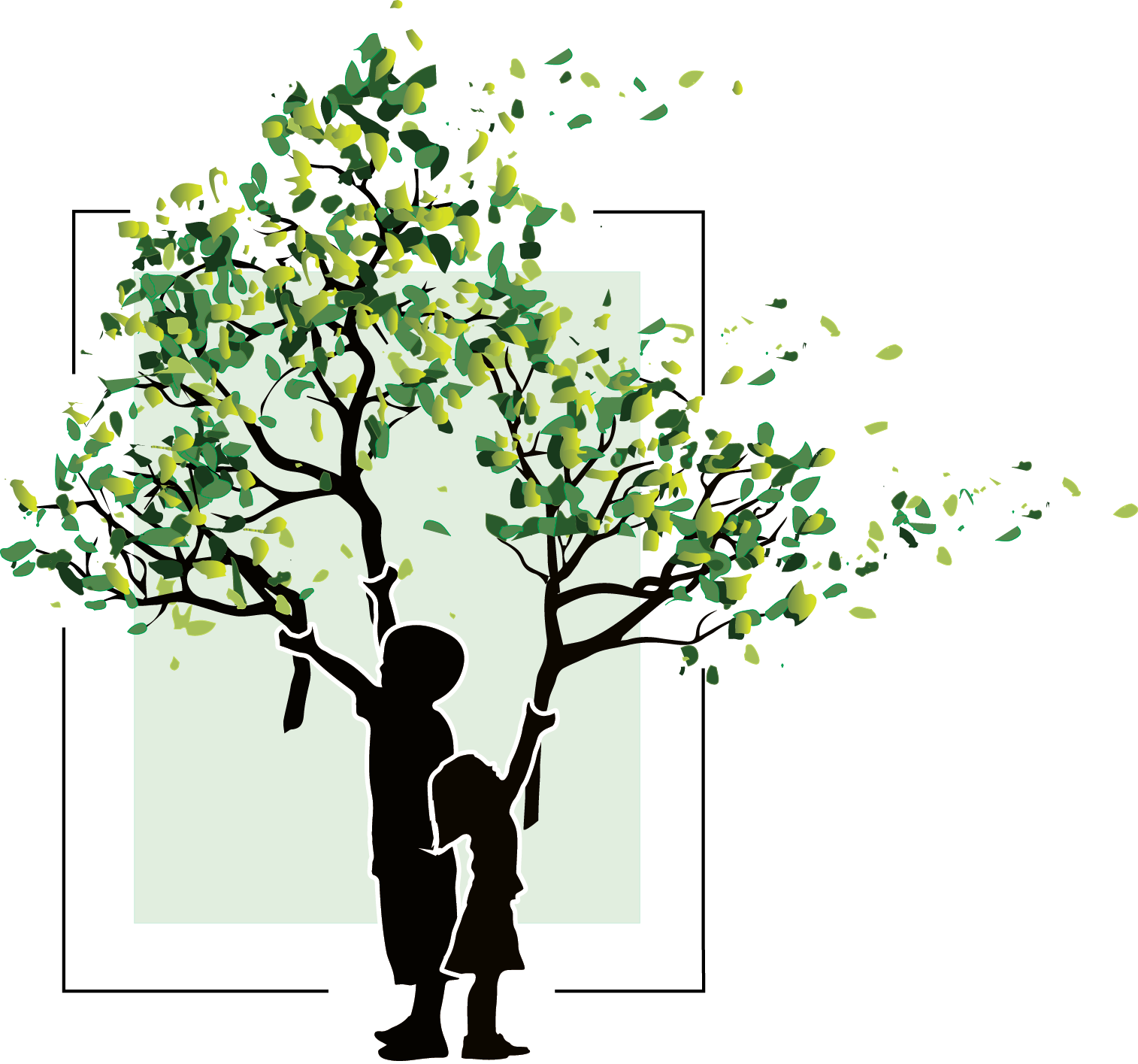Date Published:
sep
Abstract:
Background Although childhood adversities are known to predict increased risk of post-traumatic stress disorder (PTSD) after traumatic experiences, it is unclear whether this association varies by childhood adversity or traumatic experience types or by age. Aims To examine variation in associations of childhood adversities with PTSD according to childhood adversity types, traumatic experience types and life-course stage. Method Epidemiological data were analysed from the World Mental Health Surveys (n = 27 017). Results Four childhood adversities (physical and sexual abuse, neglect, parent psychopathology) were associated with similarly increased odds of PTSD following traumatic experiences (odds ratio (OR) = 1.8), whereas the other eight childhood adversities assessed did not predict PTSD. Childhood adversity–PTSD associations did not vary across traumatic experience types, but were stronger in childhood–adolescence and early-middle adulthood than later adulthood. Conclusions Childhood adversities are differentially associated with PTSD, with the strongest associations in childhood–adolescence and early-middle adulthood. Consistency of associations across traumatic experience types suggests that childhood adversities are associated with generalised vulnerability to PTSD following traumatic experiences.
Publisher's Version
